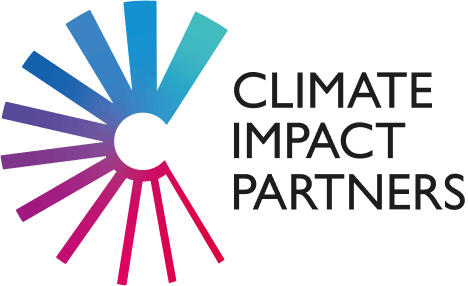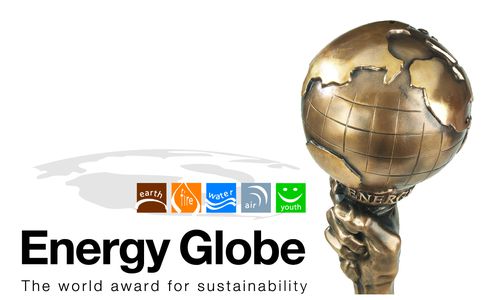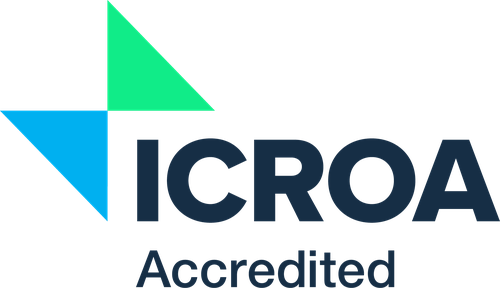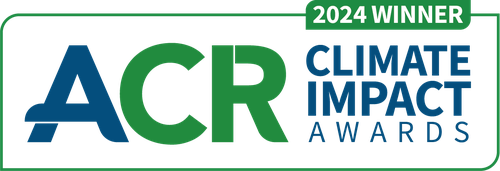Solar water heaters (SWH) provide households, small and medium sized enterprises (SMEs) and institutions with an in-house hot water supply fueled by renewable energy rather than carbon intensive grid electricity.
The project is primarily focused on serving urban areas throughout the country, and manufactures, distributes, installs and maintains solar water heaters for a variety of residential, commercial and community buildings. The project uses a range of channels to distribute the solar water heaters, primarily private entrepreneurs or larger entities that act as solar water heater dealers and franchise sub-dealers.
Some units are also sold directly to customers, and in some instances, partnerships with city, state and regional governments are also used for distribution. The project developer conducts awareness programmes in schools and general public exhibitions to help increase uptake of its solar products.
The local partners conduct awareness programmes in schools and general public exhibitions to help increase uptake of its solar products.
In addition to delivering approximately 120,000 tonnes of emissions reductions annually to help take urgent action to combat climate change (SDG 13), the project delivers a number of other sustainable development benefits, including:
- Affordable and clean energy: Solar water heaters use free solar radiation as a source of renewable energy and therefore help diversify energy sources and increase the share of sustainable resources. In the absence of the project, users relied on electrical water heaters drawing electricity from the power grid which is primarily fossil fuel based. Importantly, solar water heating reduces energy costs for users since solar energy is a free resource. Given that an estimated 20-30% of electricity in India is used to heat water in urban households, commercial and institutional buildings, the cost saving is of notable potential. By replacing grid-dependent electric units with a 200 litre/day capacity solar water heater, it is estimated that the typical household can save on average approximately INR 9000 (approximately USD 134) per year.
- Decent Work and Economic Growth: All the solar products are manufactured domestically in a factory in Bangalore, offering employment opportunities for local residents in manufacturing, distribution, installation and maintenance roles. Approximately 160 employees are directly employed, of which about 110 are in production, 20 are in office administration and 30 are field staff (marketing, sales and customer care departments). There are also approximately 300 authorised dealers who each employ on average four to five staff plus numerous sub-contractors as regional and local sales agents. 50% of sales are currently around Bangalore but the project is distributing solar water heaters throughout the country. As the project is being rolled out across the entire country, it demonstrates an effective example of the commercial opportunity to scale up renewable energy technologies.
- Industry, Innovation and Infrastructure: The project is facilitating the installation of new energy infrastructure within the country, including the required supporting structures and piping to enable the solar technology to scale.
- Good Health and Well-being: Using solar water heating units reduces the concentration of sulphur dioxide (SO2) and nitrogen monoxide (NO) against the baseline of warm water supply through electric flow heaters. Studies show a significant correlation between high concentrations of SO2 or NO and the mortality rate.
- Quality Education: This project provided several training and capacity building programmes to plumbers of the region for installation of the solar water heaters. This additional skill will bring in additional income for the plumbers for installation and any repairs of the heaters.
Our goal is to deliver 1 billion tonnes of emissions reductions by 2030
600+ projects have been supported by Climate Impact Partners
100+ million tonnes of emissions reduced through carbon finance
Delivering towards the Global Goals

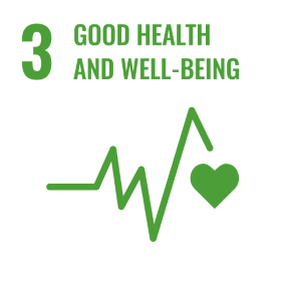
Good Health and Wellbeing
Ensure healthy lives and promote well-being for all at all ages
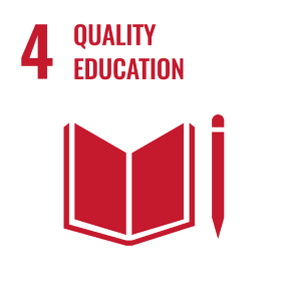
Quality Education
Ensure inclusive and equitable quality education and promote lifelong learning opportunities
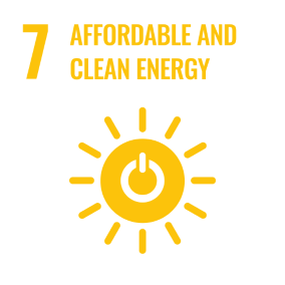
Affordable and Clean Energy
Ensure access to affordable, reliable, sustainable and modern energy
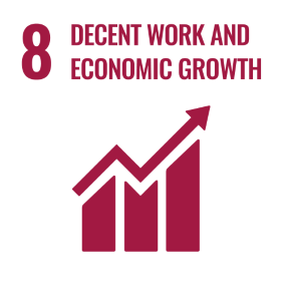
Decent Work and Economic Growth
Promote inclusive and sustainable economic growth, employment and decent work for all
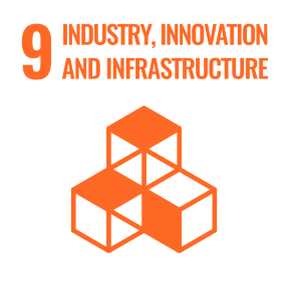
Industry, Innovation and Infrastructure
Build resilient infrastructure, promote sustainable industrialization and foster innovation
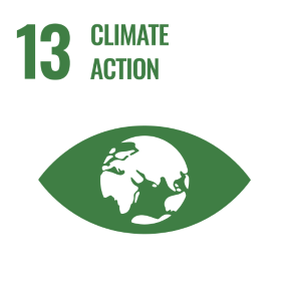
Climate Action
Take urgent action to combat climate change and its impacts
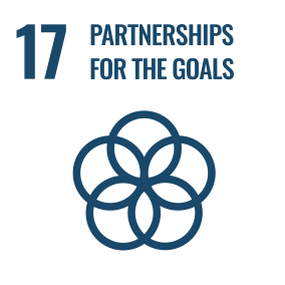
Partnerships for the Goals
Revitalize the global partnership for sustainable development


Supporting our projects delivers on multiple UN Sustainable Development Goals (SDGs). You can read more on the Goals below.
Learn more about the global goalsNext Steps

Explore our projects
Explore our range of projects across the globe: nature based solutions, health and livelihoods and sustainable infrastructure.
Explore
Business Solutions
We are the leading solutions provider for carbon offsetting, net zero, carbon neutrality and carbon finance project development.
Read more